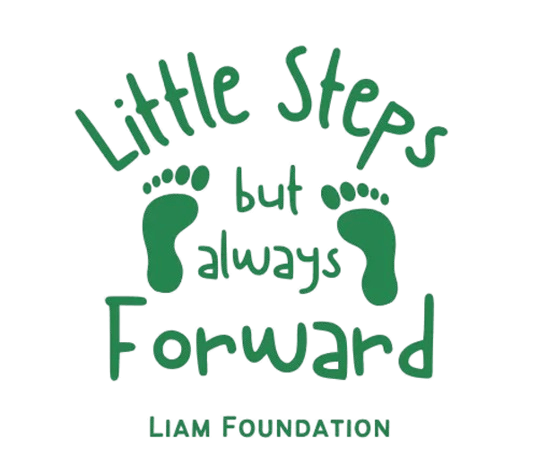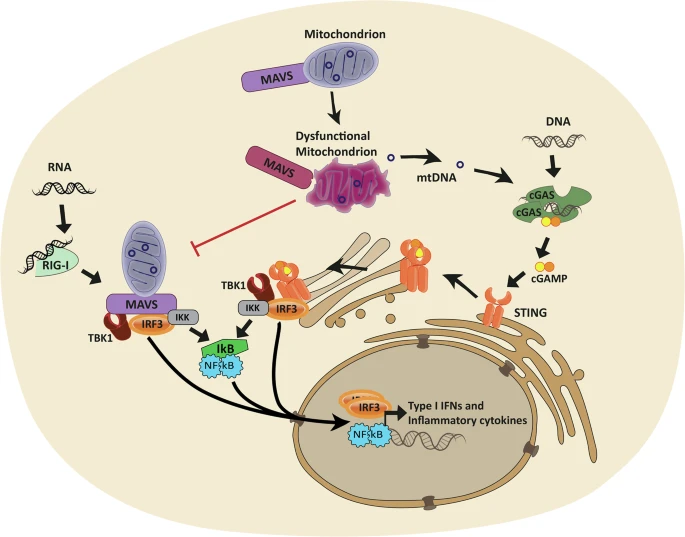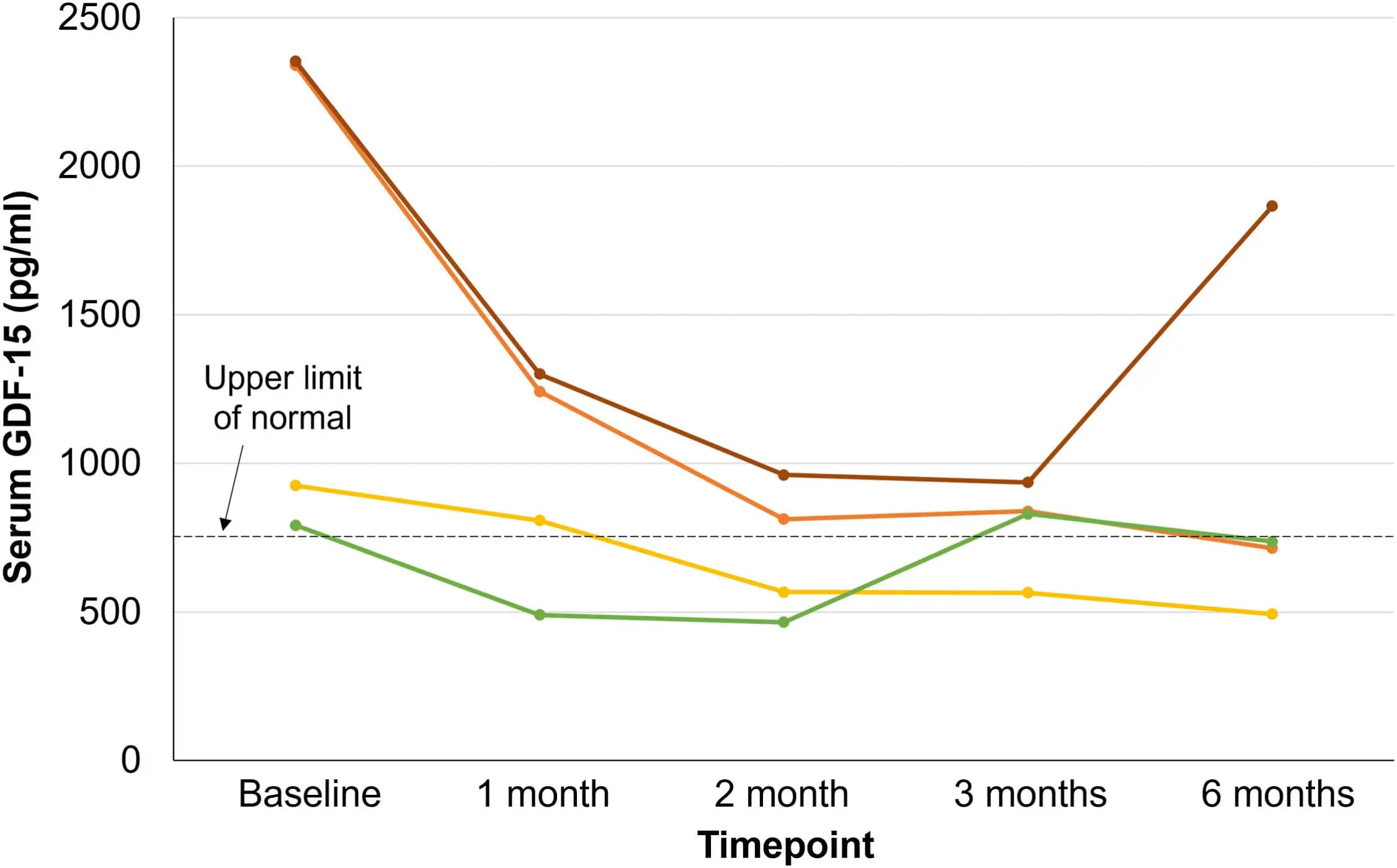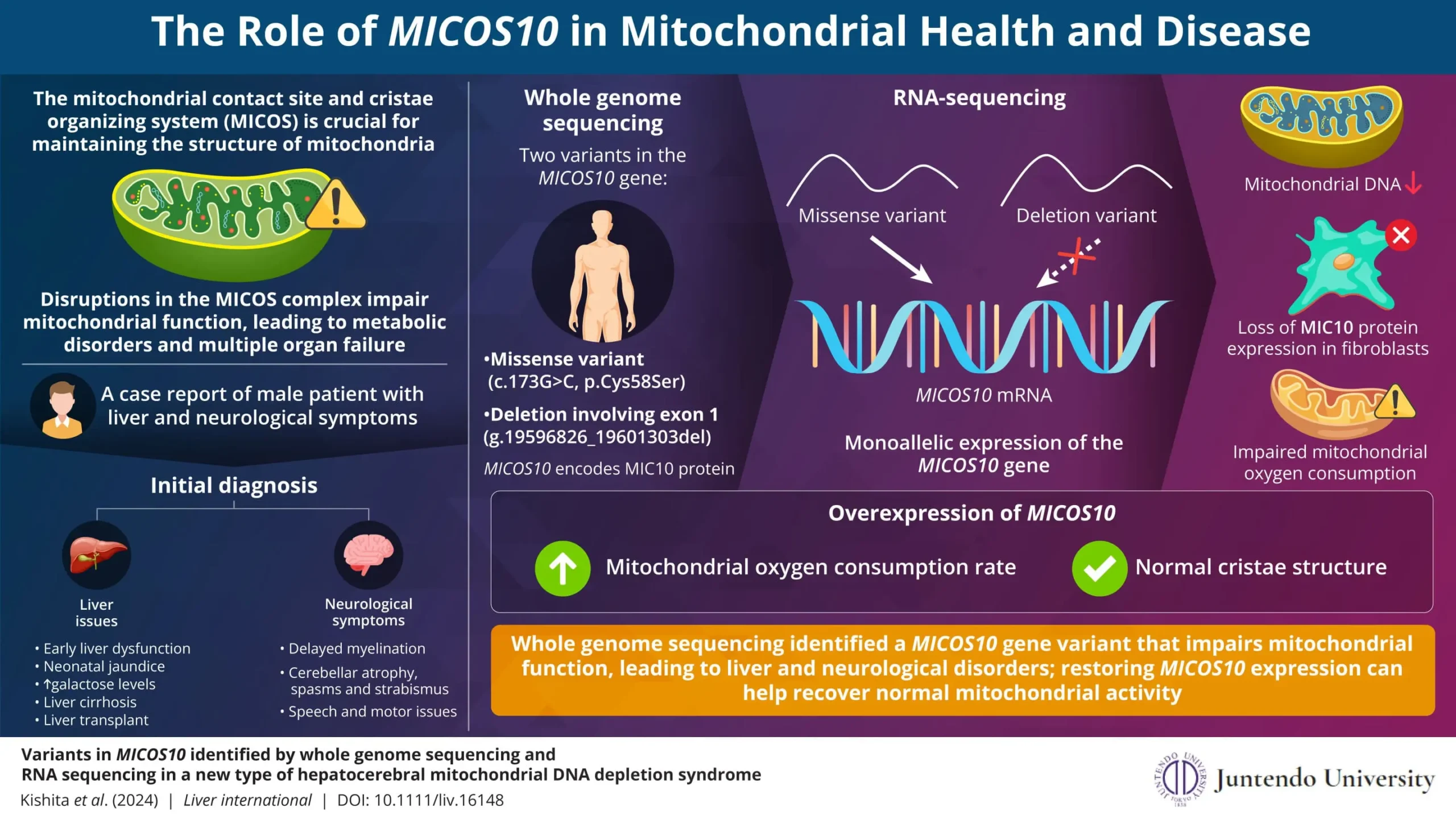Mitochondrial Disease Foundation Canada: Comprehensive Insights and Support
Mitochondrial diseases are a group of genetic disorders that impair the function of mitochondria—the energy-producing structures within our cells. These conditions can lead to a wide array of health issues, affecting multiple organ systems and significantly impacting the quality of life. In Canada, organizations like The Liam Foundation are dedicated to providing help and support for individuals affected by these diseases, advancing research, and raising awareness.
Understanding Mitochondrial Disease
Mitochondria are often referred to as the “powerhouses” of the cell, generating the energy necessary for various cellular functions. When these structures fail to operate correctly due to genetic mutations, it results in mitochondrial diseases. These disorders can manifest at any age and present a broad spectrum of symptoms, making diagnosis and treatment particularly challenging.
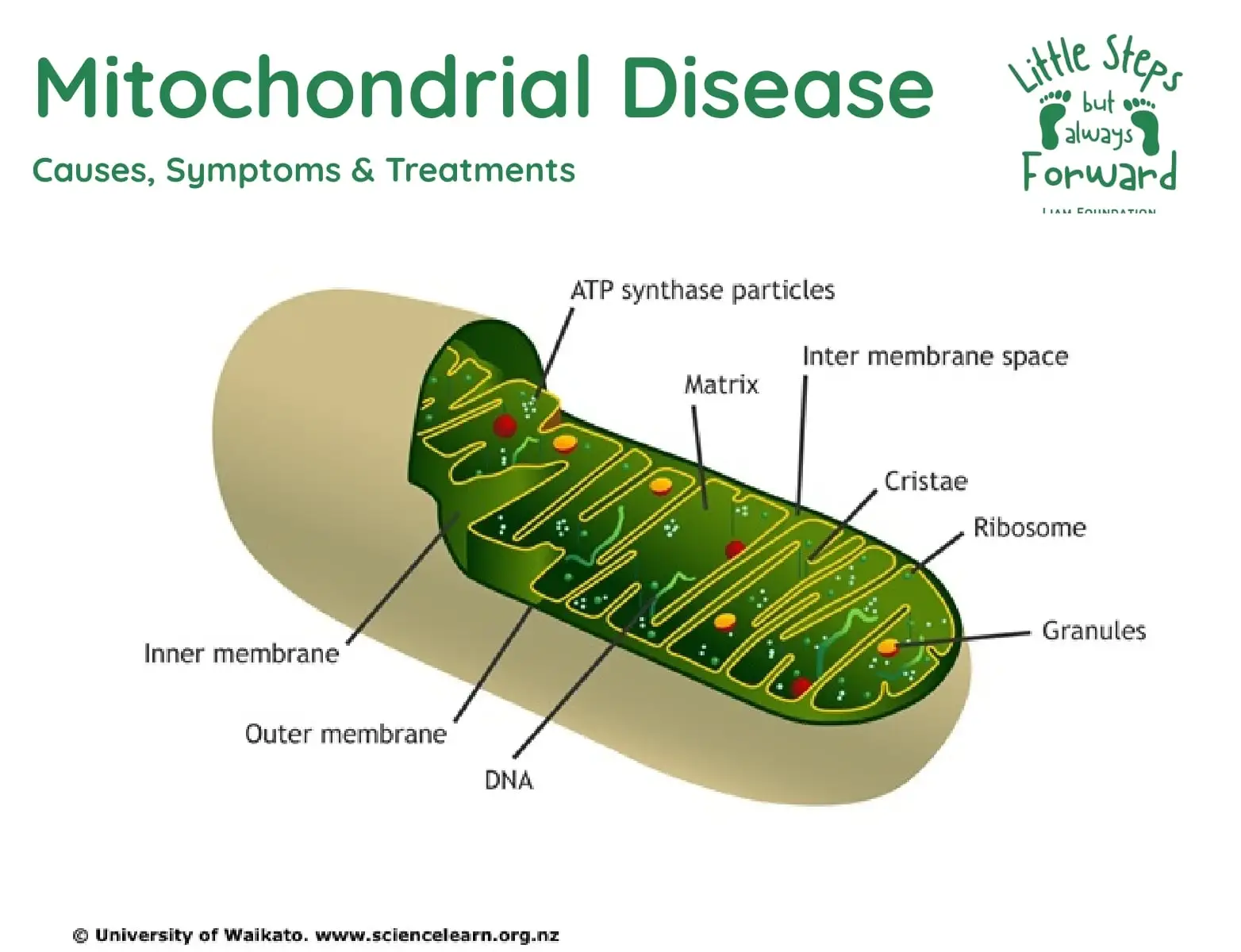
Prevalence and Statistics about the Mitochondrial Disease in Canada
Determining the exact prevalence of mitochondrial diseases is complex due to their diverse manifestations and the likelihood of underdiagnosis. A study focusing on Ontario, Canada, identified 3,069 individuals hospitalized with mitochondrial disease between 1988 and 2019, indicating a prevalence of approximately 1 in 3,989 individuals.
Also MitoCanada estimates that over 220,000 Canadians suffer from mitochondrial disease—most do not know.
This suggests that thousands of Canadians are affected by these conditions.
Over 220,000 Canadians suffer from mitochondrial disease without knowing
Impact on Individuals and Families affected by the Mitochondrial Disease
The effects of mitochondrial diseases are profound and multifaceted:
Physical Health: Patients may experience muscle weakness, neurological impairments, and organ dysfunction, leading to significant physical limitations.
Emotional Well-being: The unpredictable nature of the disease can cause emotional distress for both patients and their families.
Financial Strain: Ongoing medical care, specialized treatments, and potential loss of income due to disability can lead to financial challenges.




